Inherency and Food Addiction — Some Thoughts

If treating eating addiction according to an addiction model is effective, it seems sensible to do that while still figuring out the big picture.
Inherency and Food Addiction and Factors
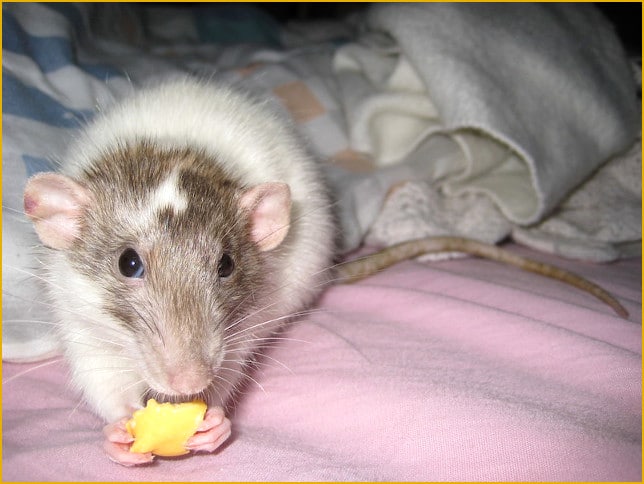
One part of the multi-faceted conversation says that all or some foods can contain substances that act like hard drugs in the human body.
Inherency and Food Addiction — Oh No! More Wrinkles

To what extent is the propensity to become food-addicted (or eating-addicted) inherent in the person?
Inherency and Food Addiction — More Wrinkles

Let’s talk about overdoses of ingredients that may be fine in small amounts, like salt, plus a vast assortment of chemical additives.
Inherency and Food Addiction, a Wrinkle

While there may be little evidence for the presence of addictive substances in natural foods, the food industry has a few tricks up its sleeve.
Inherency and Food Addiction, Some Interesting Points
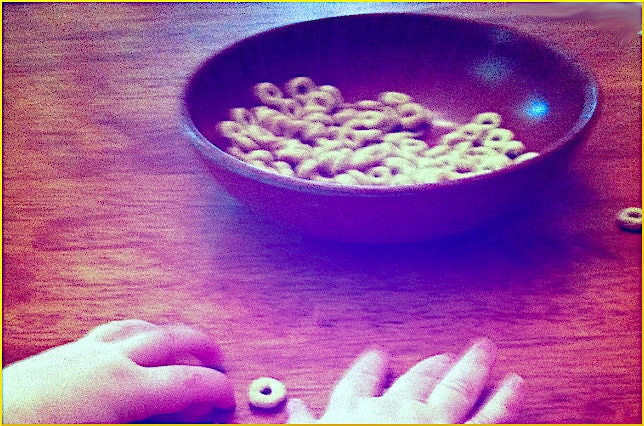
If some foods are addictive, why isn’t everyone hooked on them? In the realm of treatment, how do we get past the irrefutable fact that nobody can quit eating?
Inherency and Food Addiction, Continued
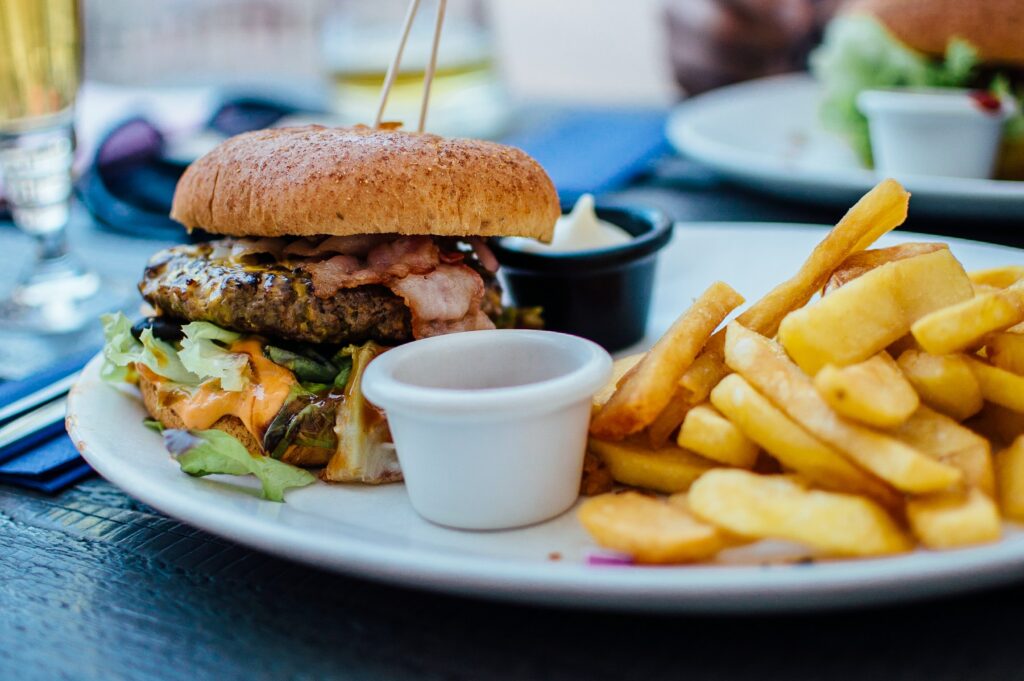
There’s still no convincing proof that foods or food components should be considered addictive in the same sense as, for instance, cocaine.
Inherency and Food Addiction
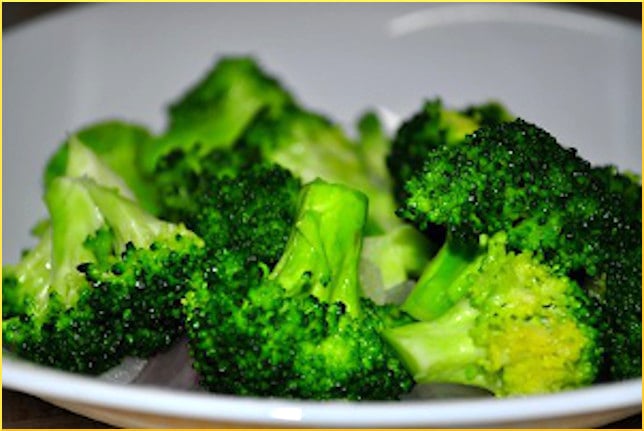
Debate continues about whether some foods can be addictive in the same sense as drugs or alcohol. Is the addictiveness inherent in the food or in the person?
Some Wrinkles in the Food Addiction Concept
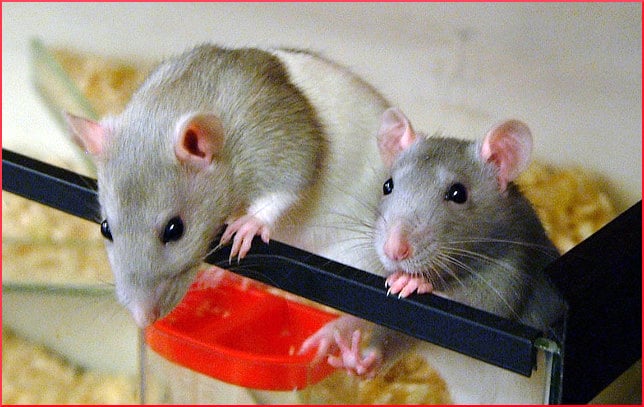
One belief is that what is called food addiction is actually a subset of drug addiction, but it’s not a blanket truth.
Food Addiction Angles

The Food Addiction Institute (FAI) says that 87 million Americans are obese, and maybe half of those fulfill the FAI’s definition of addicted.
